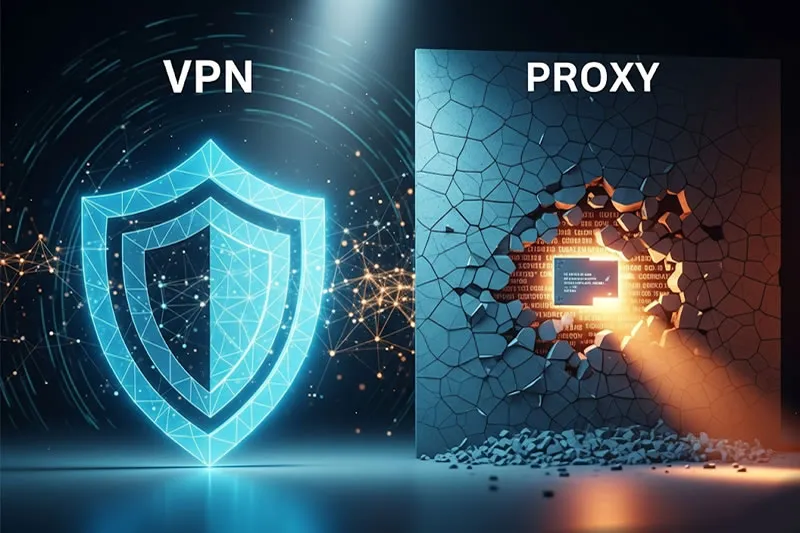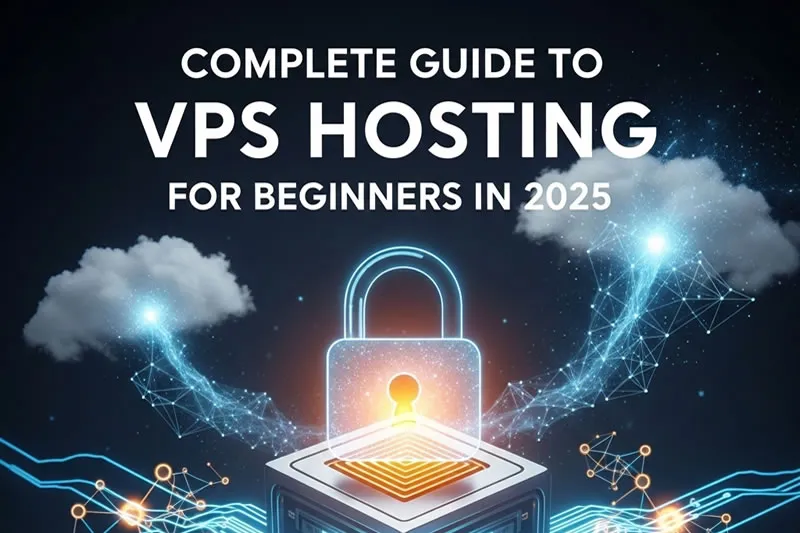Online privacy and security have never been more important. With cyber threats, data breaches, and geo-restrictions becoming common, many users ask: VPN or Proxy – which one should I use? In this guide, we break down the differences, benefits, and limitations of both solutions, helping you make an informed choice for ultimate online protection.
1. What is a VPN?
A Virtual Private Network (VPN) encrypts your internet connection and routes your traffic through a secure server. This ensures that:
- Your IP address is hidden
- Your data is encrypted
- You can bypass geo-restrictions and censorship
VPNs are ideal for protecting sensitive information, browsing safely on public Wi-Fi, and accessing content from anywhere in the world.
2. What is a Proxy?
A Proxy Server acts as an intermediary between your device and the internet. While it can hide your IP address, it usually does not encrypt your traffic. Proxies are commonly used for:
- Bypassing regional restrictions
- Light anonymity in web browsing
- Load balancing for websites
Proxies are less secure than VPNs but can be useful for non-sensitive browsing.
📊 VPN vs Proxy Comparison Table
| Feature | VPN | Proxy |
|---|---|---|
| Encryption | Full encryption (AES 256-bit) | Usually none |
| Privacy | High – hides IP & encrypts traffic | Low – hides IP only |
| Speed | Slightly slower due to encryption | Usually faster |
| Device Coverage | All devices and apps | Browser or specific apps |
| Bypass Geo-Restrictions | Excellent – works on most platforms | Limited |
| Cost | Paid & free options | Mostly free |
3. Pros and Cons
VPN Pros:
- Strong encryption for security
- Works across all apps and devices
- Protects data on public Wi-Fi
VPN Cons:
- Slightly slower speeds
- Usually requires subscription
Proxy Pros:
- Easy to set up
- Fast for simple browsing
Proxy Cons:
- No encryption
- Only works on specific apps or browsers
- Limited privacy
4. When to Use VPN
VPNs are perfect for:
- Online banking and shopping
- Accessing streaming platforms globally
- Protecting sensitive business or personal data
- Public Wi-Fi safety
- Greate gaming server performance
5. When to Use Proxy
Proxies are best suited for:
- Bypassing geo-restrictions on websites
- Testing websites from different locations
- Light anonymity for general browsing
6. Final Verdict
If your goal is unbeatable online security, a VPN is the superior choice. While proxies can provide basic IP masking, they lack encryption and comprehensive protection. For total privacy, safe streaming, and secure browsing, investing in a reliable VPN is worth it.





